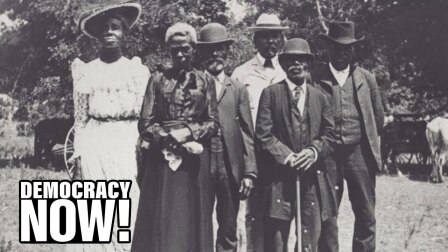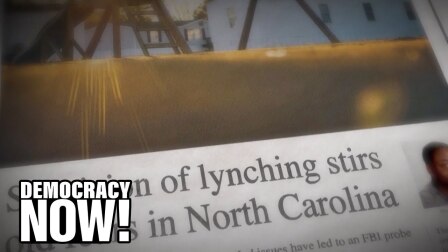Historian: Defunding the Police Offers a Chance to Build Healthy Communities From the Ground Up
The movement to abolish prisons and police has existed for decades, but recent protests in defense of Black lives have sparked widespread conversation about what "defunding the police" would look like. "Defund takes the core idea of abolition and says, “If we were to start over, what would we decide police should be doing versus not be doing?'" says Khalil Gibran Muhammad, a professor of history, race and public policy at the Harvard Kennedy School. Defunding the police would necessitate holding conversations within communities about the role of law enforcement, figuring out desired responsibilities for officers and reallocating funds to social services. "We can use violence interrupters, who are public health workers trained in the community, by the community, for the community, to in fact deal with conflict resolution. This is how it works in nearly every other country where police have not been militarized and given unlimited resources," he says. "People resolve conflicts inside of healthy, functioning communities."











